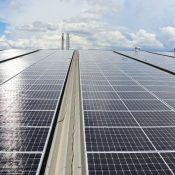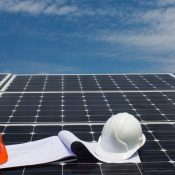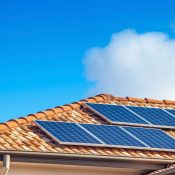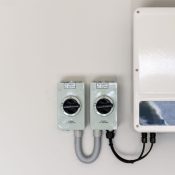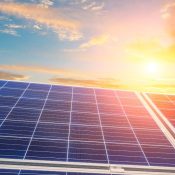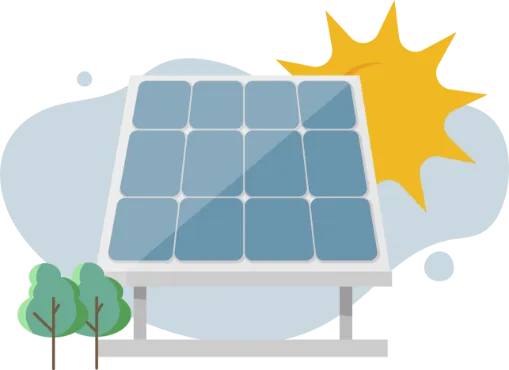Do Solar Panels Produce Energy at Night?
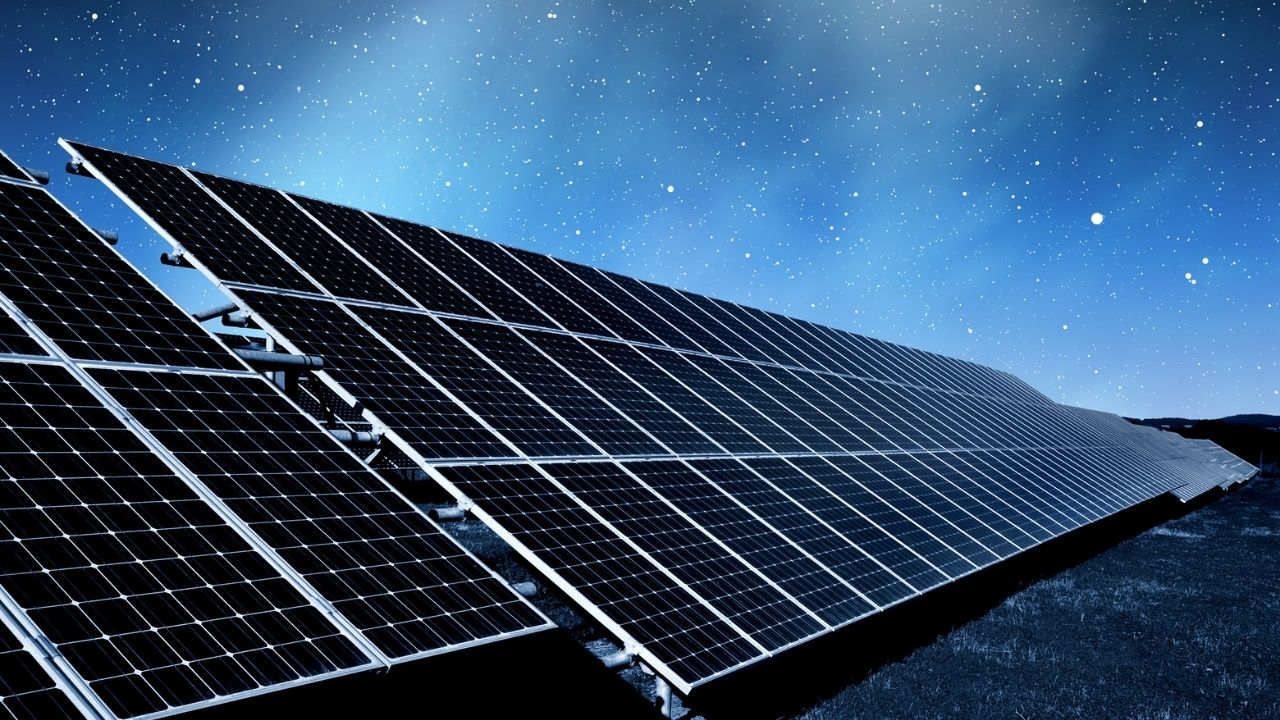
Have you ever wondered how solar panels work at night? If you are thinking of installing solar panels for your home or business, you might be curious about how they can provide you with electricity when the sun is not shining. After all, solar energy is supposed to be a clean, renewable, and reliable source of power. But does it really work 24/7?
In this blog post, you will learn how they capture sunlight during the day, store extra energy for later, and keep your home powered even in the dark. By the end of this read, you’ll have a clear picture of solar panels’ night-time energy production capability. Ready to uncover the secrets of the solar system at night? Let’s jump in!
How Do Solar Panels Work?
Solar panels are devices that convert sunlight into electricity. They are made of photovoltaic (PV) cells, which are composed of silicon and other materials that create an electric field when exposed to light. When photons (particles of light) hit the PV cells, they knock electrons loose from their atoms, creating a flow of electric current.
This current is then captured by wires and sent to an inverter, which converts the direct current (DC) into alternating current (AC), the type of electricity that powers most appliances and devices.
How Do Solar Panels Store Energy?
One of the main challenges of solar energy is that it is intermittent, meaning that it is not available all the time. The sun does not shine at night, and it can be blocked by clouds, rain, or snow during the day. Therefore, solar panels need a way to store excess energy that they produce when the sun is shining, so that they can use it when the sun is not.
There are two main ways to store solar energy: grid-tied systems and off-grid systems.
Grid-Tied Systems
Grid-tied systems are solar panel systems that are connected to the utility grid. They allow you to sell excess electricity that you generate to the utility company, and buy electricity from the grid when you need it. This way, you can balance your electricity supply and demand, and reduce your reliance on fossil fuels.
Grid-tied systems are the most common and cost-effective type of solar panel systems, as they do not require batteries or generators, which can be expensive and require maintenance. However, grid-tied systems also have some drawbacks, such as:
- You are still dependent on the grid, which can be unreliable, especially during power outages or blackouts.
- You are subject to the utility company’s rates, policies, and regulations, which can change over time and affect your savings and returns.
- You may not be able to use all the electricity that you generate, as some utility companies may limit the amount of electricity that you can sell back to the grid or charge you fees for doing so.
Off-Grid Systems
Off-grid systems are solar panel systems that are not connected to the utility grid. They allow you to store excess electricity that you generate in batteries, and use it when you need it. This way, you can be completely independent from the grid and have more control over your electricity usage and costs.
Off-grid systems are ideal for remote locations, where grid access is not available or too expensive. They can also provide backup power in case of grid failures or emergencies. However, off-grid systems also have some challenges, such as:
- You need to invest in batteries, which can be costly and require regular replacement and maintenance.
- You need to monitor and manage your battery level, to avoid overcharging or draining your batteries, which can damage them and reduce their lifespan.
- You need to size your solar panel system and battery capacity carefully, to match your electricity demand and supply, and avoid wasting or running out of electricity.
How Do Solar Panels Produce Energy at Night?
So, how do solar panels produce energy at night, when there is no sunlight to power them? The answer is simple: they don’t. Solar panels can only generate electricity when they are exposed to light, so they cannot produce any electricity at night. However, this does not mean that you cannot use solar energy at night. You can still use the electricity that you stored during the day, either in the grid or in your batteries, depending on the type of system that you have.
If you have a grid-tied system, you can simply draw electricity from the grid at night, just like you would normally do. You will only pay for the net amount of electricity that you use, which is the difference between the electricity that you consume and the electricity that you generate. This is called net metering, and it allows you to save money on your electricity bills as you can offset your electricity consumption with your solar production.
If you have an off-grid system, you can use the electricity that you store in your batteries at night, just like you would use a generator. You will only use the electricity that you need, and you will not pay anything to the utility company as you are not connected to the grid. This is called self-consumption, and it allows you to have more autonomy and security over your electricity supply, as you are not affected by grid issues or changes.
Conclusion
Solar panels are a great way to generate clean and renewable energy for your home or business. However, solar panels do not produce energy at night, so you need to have a battery storage system or a grid-tied system to use solar power when the sun is not shining. Both systems have their advantages and disadvantages, and you should consider your needs, preferences, and budget before choosing one.
Thinking about going solar? Reach out to us for a free quote. We’re here to answer all your questions and guide you through the whole process of getting solar panels up and running.
Planning a switch to solar energy?
Contact Going Solar now and Get Free Advice & Quote Within Minutes!
Frequently Asked Questions
Contact Going Solar Now!
Joe Brennan
Founder @ Going Solar
Joe Brennan, the founder of Going Solar, is dedicated to making solar power mainstream in Ireland and meet SEAI objectives. With a focus on affordability and sustainability, he is bringing renewable energy solutions to homes, reducing costs & environmental impact.
Recent Posts

